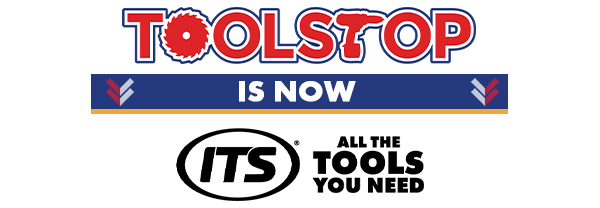Dust Blowers
Dust blowers are essential tools for removing debris, sawdust, and fine particles from workspaces and equipment. Compact, efficient, and versatile, they make cleaning faster and easier, ensuring a tidy and professional work environment every time.
Who Uses Dust Blowers?
Dust blowers are indispensable tools for professionals and hobbyists alike. Whether in workshops, construction sites, or home environments, these tools help maintain cleanliness and improve efficiency.
- Woodworkers – Ideal for clearing sawdust and debris from surfaces and tools, ensuring a clean finish and safe workspace.
- Automotive Technicians – Used to blow away dust and debris from engine components and hard-to-reach areas, keeping vehicles clean and functional.
- DIY Enthusiasts – Perfect for keeping home projects tidy by removing debris, dust, or loose particles during and after tasks.
- Construction Workers – Great for clearing dust from tools, materials, and workspaces, improving safety and efficiency.
Dust Blowers Are Great for Jobs Such As:
- Cleaning Power Tools – Quickly remove dust and residue from drills, saws, and sanders, ensuring optimal performance.
- Preparing Work Surfaces – Clear away debris and dust to create a smooth and clean surface for painting, gluing, or assembling.
- Maintaining Electronics – Use controlled air pressure to safely remove dust from electronic components, improving their longevity and performance.
- Post-Project Cleanup – Quickly tidy up work areas, making clean-up tasks less time-consuming and more efficient.
- Drying Surfaces – Useful for drying hard-to-reach areas after cleaning or painting, ensuring a smooth finish.
How to Choose the Best Dust Blower
Choosing the right dust blower is essential for maintaining clean workspaces and improving tool longevity. Consider factors such as power source, airflow capacity, and ergonomic design to find the perfect tool for your needs. Here's what to keep in mind:
1. Power Source Options
Corded Dust Blowers: Ideal for continuous, high-power usage, especially in workshops where access to a power outlet is convenient.
Cordless Dust Blowers: Offer unmatched portability and freedom of movement, making them perfect for remote jobs or areas without power outlets.
2. Airflow and Blower Power
The airflow capacity, measured in cubic feet per minute (CFM), determines how much debris the blower can move. Higher CFM is ideal for heavy-duty tasks, while lower CFM is sufficient for light cleaning jobs.
Blowers with adjustable speed settings provide greater control, allowing you to switch between gentle and high-intensity airflow.
3. Ergonomics and Portability
A lightweight, well-balanced dust blower with a comfortable grip reduces strain during extended use. Compact models are easier to store and transport, making them a practical choice for mobile professionals.
Look for additional features like detachable nozzles or built-in dust collection options to improve versatility and usability.
Popular Accessories for Dust Blowers
Pairing your dust blower with the right accessories enhances its functionality, makes cleaning tasks more efficient, and ensures better maintenance of your workspace. Here are three essential accessories every dust blower user should consider.
1. Nozzle Attachments
Nozzle attachments allow for more precise airflow control, enabling users to target hard-to-reach areas or cover larger surfaces efficiently. Options like crevice tools or wide-blade nozzles ensure adaptability for a variety of tasks.
2. Dust Collection Bags
Dust collection bags help capture debris as it’s blown away, reducing mess and making cleanup faster. These are particularly useful for indoor use, ensuring that dust doesn't scatter across the workspace.
3. Replacement Filters
Replacement filters maintain your dust blower's efficiency by ensuring proper airflow and preventing clogging. High-quality filters extend the blower's lifespan and improve performance, especially in dusty environments.
Frequently Asked Questions
What can dust blowers be used for?
Dust blowers are versatile tools commonly used to clear dust, debris, and leaves from workspaces, machinery, and outdoor areas. They are ideal for cleaning electronics, removing sawdust in workshops, and maintaining clean work environments.
Are dust blowers safe to use on electronics?
Yes, dust blowers are safe for electronics when used with appropriate settings. Ensure the blower is set to a gentle airflow and avoid direct contact with sensitive components. Some models feature antistatic designs for additional safety.
How do I maintain my dust blower?
Regular maintenance includes cleaning the filter, checking for blockages, and ensuring the nozzle and motor are free from debris. Follow the manufacturer's guidelines for specific cleaning and care instructions to ensure optimal performance.
What is the difference between corded and cordless dust blowers?
Corded dust blowers offer continuous power and are ideal for heavy-duty tasks. Cordless models provide greater portability and flexibility, making them suitable for quick, on-the-go tasks or areas without nearby power outlets.
What factors should I consider when buying a dust blower?
Key factors include airflow strength, power source (corded or cordless), nozzle attachments for specific tasks, and ease of use. Additionally, consider the noise level and weight of the blower for user comfort.



